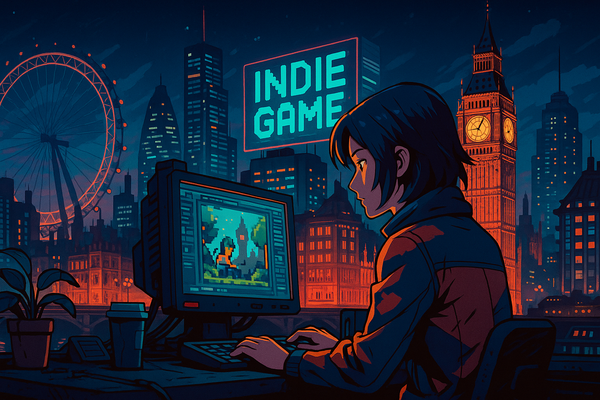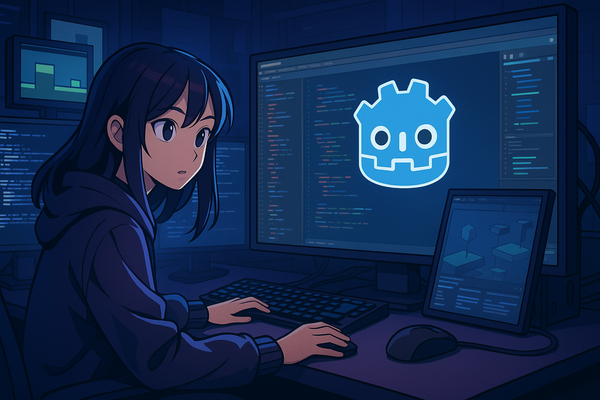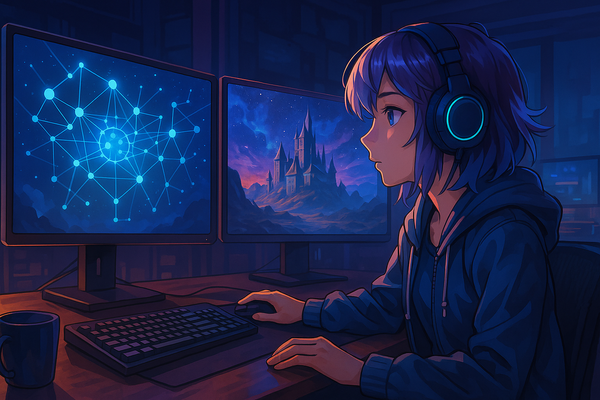The delicate balance: Managing scope and pressure in game development
In the world of game development, the creative process can be both a thrilling and stressful experience. The longer you work on a game, the more pressure you may start to feel. This is due to a few factors, such as the need for financial success, the risk of burnout, and the potential for getting trapped in a death loop. In this post, we'll explore these considerations and discuss why it's crucial to keep your project's scope small to avoid these pitfalls.
- Financial Pressure
As a game's development timeline stretches on, the costs associated with it increase. This means that, to recoup your investment and consider your game a success, it will need to bring in more money. The pressure to create a financially successful game can be overwhelming, and it can lead to a temptation to add more features or expand the game's scope in an attempt to make it more appealing. However, this can often backfire, as it may only serve to prolong the development process and increase the financial risk.
- The Burnout Factor
Developing a game is a labor of love that requires countless hours of hard work, dedication, and creativity. The longer you work on a project, the more likely you are to experience burnout. Burnout can manifest as a lack of motivation, decreased productivity, and even physical and mental health issues. By keeping the scope of your game small and manageable, you'll be more likely to maintain a healthy work-life balance and prevent burnout.
- The Death Loop Dilemma
In game development, a "death loop" occurs when a project becomes stuck in a cycle of endless revisions, tweaks, and changes. This can be caused by a variety of factors, such as perfectionism, indecisiveness, or the desire to incorporate too many ideas. A death loop can cause a project to stagnate, draining resources and energy without producing any meaningful progress. To avoid getting caught in a death loop, it's crucial to maintain a clear vision for your game and resist the urge to continually expand its scope.
- Embracing a Smaller Scope
Keeping your game's scope small has several benefits. It allows you to focus on perfecting a core set of features, which can lead to a more polished final product. A smaller scope also enables you to complete your project more quickly, reducing the risks of burnout and financial strain. By embracing a smaller scope, you'll be better equipped to navigate the challenges of game development and create a successful, enjoyable gaming experience for your audience.
In conclusion, the pressures of game development can be daunting, but they can be managed by keeping your project's scope small and focused. By doing so, you'll be better positioned to avoid financial stress, burnout, and the dreaded death loop. Always remember that, in game development, sometimes less is more.




